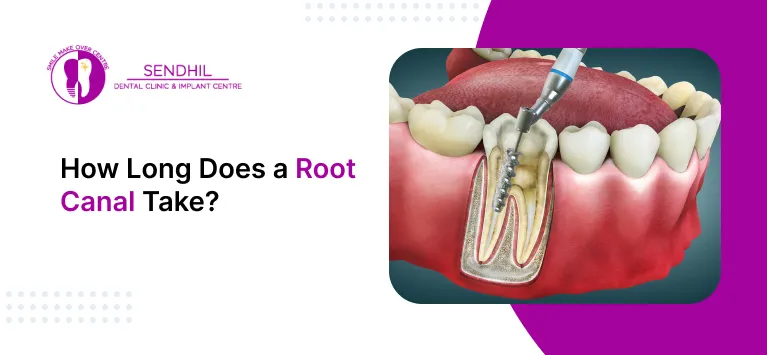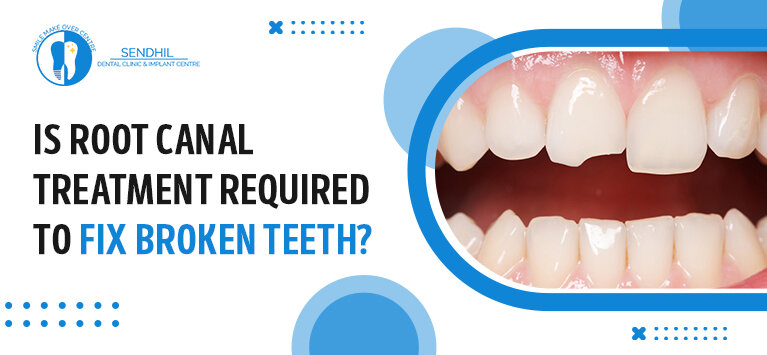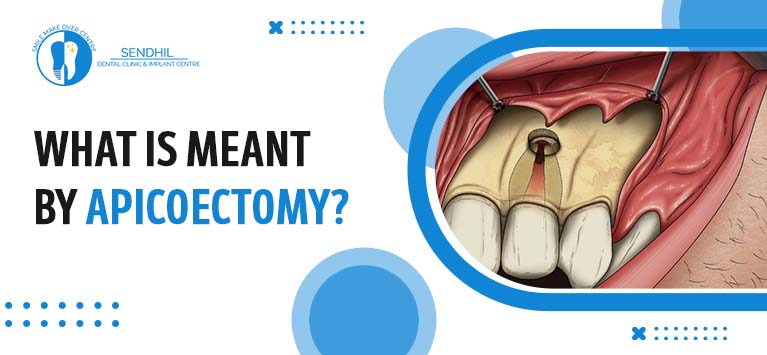What makes a tooth sensitive after fitting crowns?
Dental crown or tooth cap is generally termed as a tooth-shaped shell which is utilized for dental restoration purposes. Whether it is a badly decayed, damaged or drilled tooth, dental crowns are effective to restore their shape and strength by mounting on the remaining teeth surfaces.
In general, tooth capped with a crown produce sensitivity for a couple of days following the treatment. It is not uncommon. If the sensitivity persists for more than weeks or months, there will be an issue with the underlying tooth or crowns.
In this post, our dental health specialists have explained some reasons behind such persistent crown sensitivity.
Table of Contents
1.Wrong bite
If the crown is large in size when compared to the tooth, it will interfere with the bite. As the crown sits too high on the tooth, it causes pain and tenderness with your bite that produces pain and sensitivity. In such cases, you need to adjust the size of the crown. It is a simple procedure and it can be done with a single dental visit.
2. Cement leakage
The bonding material used to cement the crown to a tooth needs to dry properly. Otherwise, it begins to leak which loosens the tooth cap. It puts the crown at the risk of move and falls down. In such cases, the chances are higher for oral bacteria to penetrate the treated tooth through the drill and infect the tooth nerves.
3. Cavities in the underlying tooth
Crown sensitivity is also a warning signal to indicate infection in the tooth beneath the dental crown.
The cavities or dental caries present in a tooth need to be extracted before fitting the crowns. If the cavities are not removed completely, bacteria present in our mouth take advantage of it and cause tooth decay beneath the crowns. It induces teeth sensitivity after fitting crowns and endures until the tooth is treated.
4. Gum recession
If the crown is not properly fixed on a tooth, it may irritate the gum tissues around the tooth and make the gum recede. As the gum recedes, the tooth root and other inner particles are visible. When they are exposed to foreign particles, they make the tooth sensitive.
When you see gum recession after fitting the crowns, visit your Dentist immediately. This is because the chances are higher for the roots get infected with plaque build up that in result kills the root and lead to tooth loss.
5. Dental Crown Nerve Damage
Composite fillings and tooth crowns are effective to damage the tooth nerves if they are not fixed properly. When a crown aggravates and damages the nerves inside the underlying tooth, the crown needs to be replaced. Otherwise, the nerve damage gets worse and requires endodontic treatment (Root Canal Therapy).
6. Referred pain
Pain and sensitivity in the space around the crowned teeth are common. Sometimes, the crowned tooth pass the pain signals to its adjacent teeth. It makes them pain. It makes the adjacent teeth become sensitive to hot and cold temperatures.
A crowned tooth causes sensitivity until the tooth adjusts to the cap. Normally, the process lasts for 2 or 3 days. If there is a problem with the treated tooth or crown, the process continues for a while. Then the patient experiences intense pain and sensitivity with the capped tooth until the issue is treated by a Dentist.








